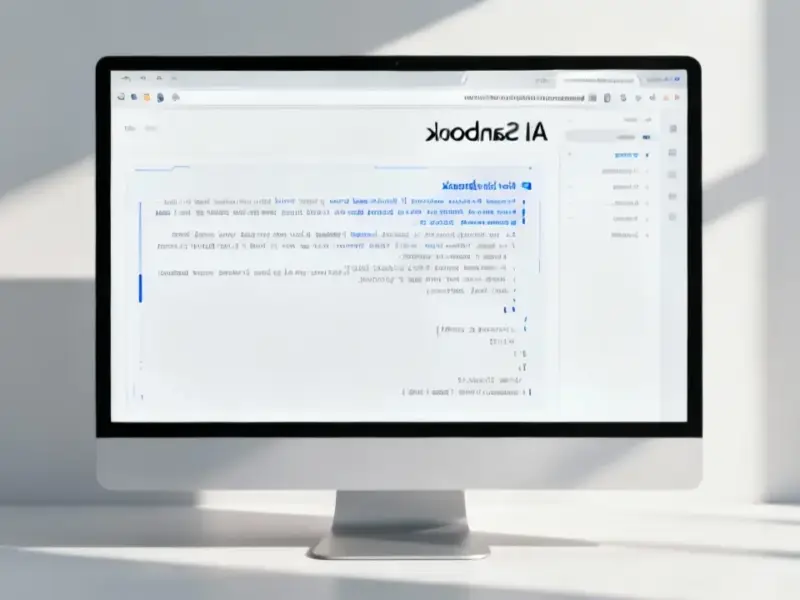According to Fast Company, Glenn Fogel joined Priceline in early 2000, just one week before the Nasdaq peaked, and witnessed the stock plummet to $6 per share within a year of his arrival. By March 2002, the Nasdaq had plunged 77% from its March 2000 highs, creating widespread uncertainty about the future of internet companies. Today, as CEO of Booking Holdings, Fogel observes similar gold-rush mentality in the generative AI boom, noting that “many of them will not make it” and “many investors will lose money.” Corporate investment in AI reached $252.3 billion with private investment in gen AI hitting $33.9 billion in 2024, according to data compiled by the Stanford Institute for Human-Centered Artificial Intelligence. However, Fogel believes the key difference lies in AI’s far greater potential for human society transformation compared to 1990s startups.
Experience Meets Perspective
Fogel’s perspective carries significant weight precisely because he’s been through the fire. Unlike many current tech leaders who only know bull markets, he experienced firsthand how quickly investor enthusiasm can evaporate when reality fails to match hype. His observation that “many of them will not make it” isn’t just theoretical – he saw countless dotcom darlings disappear entirely. This lived experience gives him credibility when assessing whether current AI investments are sustainable or destined for similar corrections. The fact that he survived the dotcom crash and now leads a $120+ billion travel conglomerate suggests he understands what separates fleeting trends from transformative technologies.
Fundamental Differences in Value Creation
While both eras feature explosive investment growth, the fundamental value propositions differ dramatically. The dotcom boom was primarily about distribution efficiency – moving existing businesses online. AI represents something far more profound: the creation of entirely new capabilities. Where e-commerce streamlined purchasing processes, generative AI can potentially augment human intelligence, accelerate scientific discovery, and solve problems previously considered computationally impossible. This distinction explains why Fogel sees greater transformation potential – we’re not just improving existing systems but creating new forms of value generation that didn’t previously exist.
Market Implications for Travel and Beyond
For Booking Holdings specifically, AI represents both defensive necessity and offensive opportunity. The travel industry faces massive disruption potential from AI-powered personalization, dynamic pricing optimization, and customer service automation. Companies that fail to integrate AI effectively risk being outmaneuvered by more agile competitors. However, the real competitive advantage may come from how companies deploy AI beyond obvious applications. Booking’s portfolio of brands gives it unique data advantages that could enable hyper-personalized travel experiences impossible for smaller players to replicate. The winners in this space won’t just be those who adopt AI, but those who integrate it most effectively across their entire ecosystem.
Investment Reality Versus Hype
The staggering $252.3 billion in corporate AI investment highlights both the opportunity and the risk. While the numbers seem astronomical, they’re spread across thousands of companies and initiatives, many of which will fail to deliver returns. The parallel Fogel draws to the dotcom era is particularly relevant for investors: during the late 1990s, simply adding “.com” to a company name could boost its valuation, similar to how “AI” has become today’s magic buzzword. The key differentiator will be which companies can translate AI investments into sustainable competitive advantages and profitable business models rather than just riding the hype cycle.
Long-Term Transformation Timeline
Perhaps the most crucial insight from Fogel’s comparison is the timeline for meaningful impact. The dotcom revolution took nearly a decade to fundamentally reshape business and society, with many early leaders failing to survive the transition. AI’s transformation may follow a similar pattern – initial excitement, followed by a shakeout period, then gradual integration into the fabric of daily business operations. Companies that maintain strategic patience while making calculated investments will likely outperform those chasing short-term AI trends. The real winners may not emerge for another 5-10 years, once the technology matures and sustainable use cases become clear.



